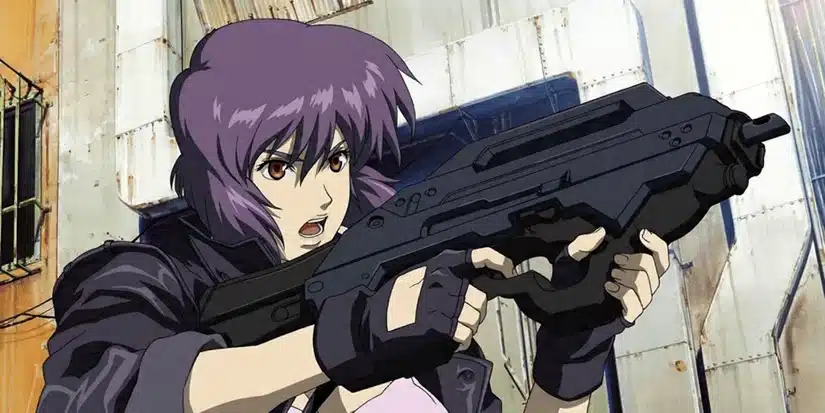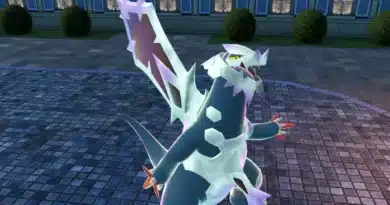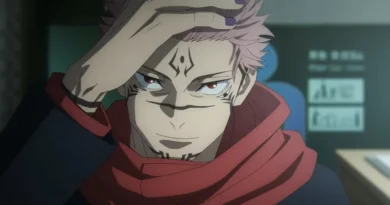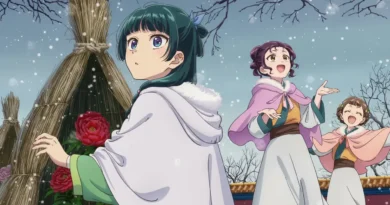Top Psychological Anime That Hit Even Harder Than Death Note
For millions of fans, Death Note was the anime that opened the door to dark, mind-twisting storytelling. It mixed intellect, suspense, and morality in a way that felt new and dangerously smart. Watching Light Yagami and L outthink each other was thrilling — like chess with human lives on the line.
But here’s the truth — as groundbreaking as Death Note is, it’s not the peak of the psychological anime genre. Over the years, several shows have matched or even surpassed it, pushing boundaries with deeper emotion, sharper writing, and more haunting ideas.

Here are seven psychological anime that aren’t just as good as Death Note — they might actually be better.
1. Steins;Gate (2011)
At first, Steins;Gate looks like a quirky sci-fi story about a group of friends who accidentally invent a way to send messages through time. But then it spirals into one of anime’s most heart-wrenching psychological thrillers.
Rintarou Okabe isn’t a god-like genius like Light — he’s a flawed, emotional man breaking under guilt, trauma, and impossible decisions. Instead of moral battles, Steins;Gate is about how the human mind collapses under consequence and love.
It’s not a cat-and-mouse thriller — it’s a slow psychological breakdown that feels painfully real.
2. Monster (2004–2005)
Monster proves you don’t need magic or death gods to create terror. It follows Dr. Kenzo Tenma, a surgeon who saves a boy’s life — only to discover that boy grows up to be a sociopath.
Across 74 tense episodes, Monster explores what it truly means to face evil. Every scene oozes unease, not because of jump scares, but because its horror is rooted in reality.
While Death Note questions justice through fantasy, Monster shows how evil hides behind human faces — making it far scarier.
3. Code Geass (2006–2007)
If Death Note is a game of wits, Code Geass is that same game multiplied by ten. Lelouch Lamperouge, a fallen prince, gains the power of absolute obedience. Like Light, he wants to change the world. But every choice he makes pulls him deeper into guilt, loss, and tragedy.
Where Light’s battles stay personal, Lelouch’s war spans nations. Each episode raises the stakes — morally and emotionally. Code Geass shows the true psychological price of power, making Light’s “god complex” look almost tame.
4. Neon Genesis Evangelion (1995–1996)
On paper, Neon Genesis Evangelion is about teenagers piloting giant robots. In reality, it’s a brutal study of mental health, trauma, and loneliness.
Shinji Ikari is the anti-Light — fragile, self-doubting, and painfully human. Instead of playing god, he just wants to be seen. The real battle isn’t against monsters — it’s inside his mind.
By its surreal finale, Evangelion stops being a mecha anime and becomes a mirror to the viewer’s own fears. It’s psychological storytelling in its purest, rawest form.
5. Fullmetal Alchemist: Brotherhood (2009–2010)
Everyone remembers Fullmetal Alchemist: Brotherhood for its world-building and action, but at its core, it’s a psychological story about guilt and redemption.
The Elric brothers pay a devastating price for breaking nature’s rules — trying to bring back their mother. Every episode tests their ethics, resolve, and sanity.
Where Death Note dissects power and justice, Brotherhood focuses on sacrifice, empathy, and emotional truth. It’s just as smart — but with more heart.
6. Ghost in the Shell: Stand Alone Complex (2002–2005)
Ghost in the Shell doesn’t just question morality — it questions existence itself. Set in a cyberpunk future, it follows Major Motoko Kusanagi, a cyborg trying to understand what it means to be human.
Every episode blurs the line between consciousness and technology, identity and illusion. Death Note plays with good versus evil; Ghost in the Shell asks, “Are we even real?”
Its layered storytelling and eerie realism make it a psychological experience that sticks with you long after it ends.
7. Attack on Titan (2013–2023)
The ultimate test of the human mind under despair. What starts as a monster survival story quickly turns into a political and psychological nightmare.
Eren Yeager’s transformation from hero to destroyer mirrors humanity’s darkest urges — revenge, control, and fear. Each revelation forces you to question who’s right, who’s wrong, and whether justice even exists.
If Death Note explores one man’s moral decay, Attack on Titan shows an entire world collapsing under it. It’s not just psychological — it’s apocalyptic.
Death Note will always be iconic, but these seven anime show just how far psychological storytelling can go. From trauma and power to time and identity, they challenge your mind — and your emotions — in ways Light Yagami never could. Each one takes the “psychological thriller” blueprint and flips it into something deeper, more personal, and unforgettable.


